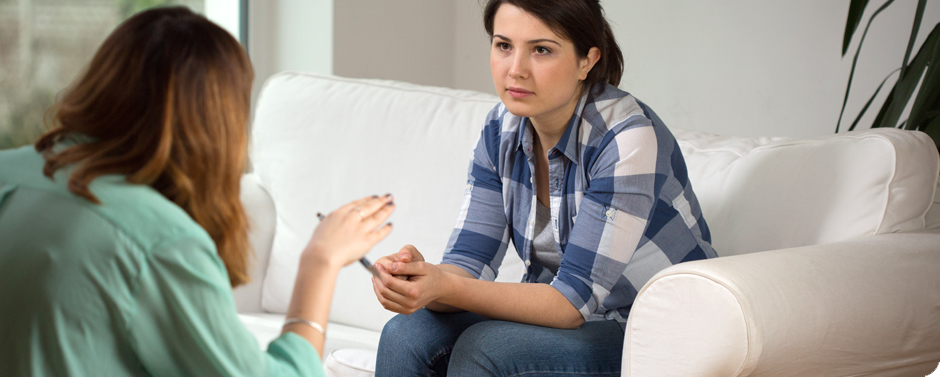- Research
- WFNR - NR SIG 2023
- 2022 Research Presentations
- Research Projects
- Abstracts
- MSc Students Service Improvement Projects
- Psychology Talks
Psychology Talks


"Single case design studies also clearly and strongly allow researchers to address complex learning ecologies; examine how, when, and why an intervention or approach to instruction or development works; and closely investigate individual differences associated with participants" (Plavnick & Ferreri, 2013)
Tucker et al How good are our goals talk:
How good are our goals? Understanding SMARTness in a paediatric neuropsychological rehabilitation service
This service evaluation looks more closely at our goal setting. The point being to improve our practice. Some of our senior clinicians used a questionnaire to rate how ‘SMART’ (specific, measureable, achievable, realistic and time limited) each of a sample of 100 clinically and educationally set goals are. The measure seems useful in helping a service learn about their practice e.g. how important ‘specificity’ is when setting a goal. This has led us to want to look further into the goals to see if SMARTness actually leads to goals being more achievable. That’s the next project!
Listen to Peter on our YouTube channel here
Pickering Tucker SCED talk:
Single Case Experimental Design: Positive Behaviour Supports intervention for sexualised behaviour
Authors: Pickering, Andrea1; Tucker, Peter1; Limond, Jenny2
Affiliations: Recolo UK Ltd1; University of Exeter UK2
This is our second Single Case Experimental Design (SCED). It is implemented to ask whether it is feasible to collect ‘level 1’ data (highest quality of clinical data) in everyday clinical practice. The client was a teenage male who engaged in inappropriate behaviour. A positive behaviour supports package was delivered systematically across three different settings, home, classroom and boarding house. The SCED design we used is ‘multiple baseline across settings’. We saw positive change in the client’s behaviours and their effects on others that can be more closely attributed to the intervention than if just reported in the normal (non-SCED) way.
Listen to Peter and Andrea on our YouTube channel here